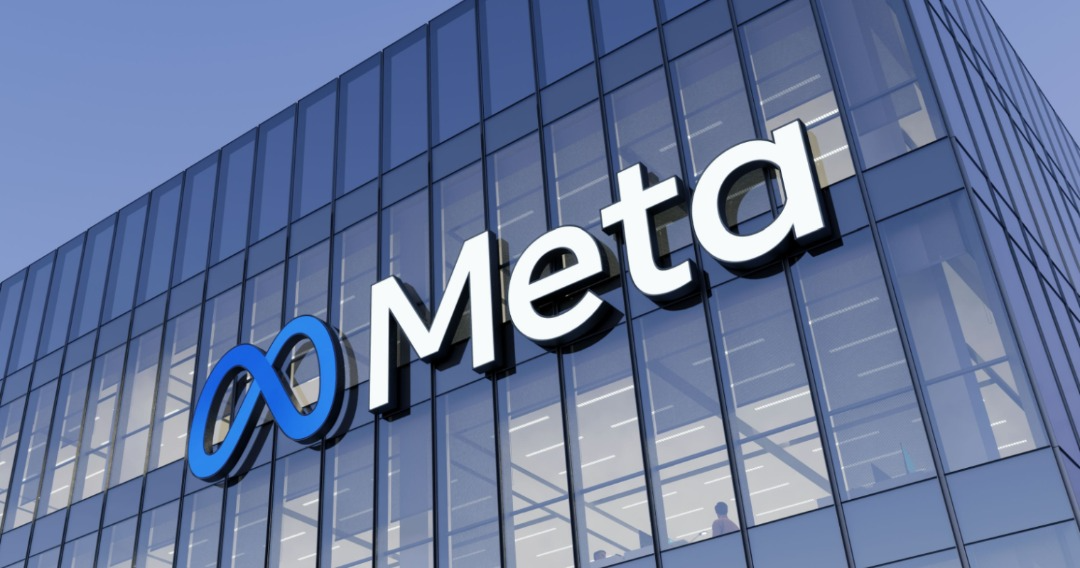
A significant antitrust trial against Meta commenced Monday in Washington, where the Federal Trade Commission (FTC) alleges the social media giant engaged in anticompetitive practices by acquiring Instagram and WhatsApp.
The FTC contends that Meta, which owned Facebook, purchased Instagram in 2012 and WhatsApp in 2014 specifically to eliminate competition and establish a monopoly. Although the FTC initially reviewed and approved these acquisitions with a commitment to monitor outcomes, a victory in this case could force Meta CEO Mark Zuckerberg to divest both platforms.
Meta has expressed confidence in winning the case. Experts suggest the company will likely argue that Instagram users have benefited from Meta’s ownership.
“The FTC’s argument is that the acquisition of Instagram was a way of neutralizing this rising competitive threat to Facebook,” explains Rebecca Haw Allensworth, a professor of antitrust at Vanderbilt Law School.
Allensworth notes that Zuckerberg’s own communications may provide compelling evidence at trial. “He said it’s better to buy than to compete. It’s hard to get more literal than that,” she states.
Meta is expected to counter that intent is not the central issue in antitrust cases. “They’re going to say the real question is: are consumers better off as a result of this merger?” Allensworth said. “They’ll put on a lot of evidence that Instagram became what it is today because it benefited from being owned by Facebook.”
Both Zuckerberg and former chief operating officer Sheryl Sandberg are scheduled to testify during the trial, which could extend for several weeks.
While the case was initially filed during Donald Trump’s first administration, it faces potential politicization during his second term. The Wall Street Journal reported that Zuckerberg personally lobbied Trump to have the FTC drop the case.
When asked about this report, Meta avoided a direct answer but stated, “The FTC’s lawsuits against Meta defies reality. More than 10 years after the FTC reviewed and cleared our acquisitions, the commission’s action in this case sends the message that no deal is ever truly final.”
The relationship between Zuckerberg and Trump, previously strained after Trump was banned from Meta’s platforms following the January 2021 Capitol riot, has shown signs of improvement. Meta contributed $1 million to Trump’s inaugural fund and recently appointed Ultimate Fighting Championship (UFC) boss Dana White, a Trump ally, to its board of directors. The company also announced in January it would eliminate independent fact-checkers.
President Trump’s March decision to fire two Democratic FTC commissioners, Rebecca Kelly Slaughter and Alvaro Bedoya, also casts a shadow over the case. Until recently, only two Republican commissioners remained on the five-seat commission, with a third Republican confirmed by the Senate on Thursday.
Slaughter and Bedoya, who are suing for reinstatement, claim their removal was meant to intimidate. “The president sent a very clear signal not only to us but to Chairman Ferguson and Commissioner Melissa Holyoak that if they do something he doesn’t like, he could fire them too,” Slaughter told the BBC. “So if they don’t want to do a favor for his political allies, they’re on the chopping block as well.”
Both former commissioners expressed concern about reports of Zuckerberg’s lobbying efforts, with Bedoya stating, “My hope is that there is no political interference.”
Ferguson, Trump’s appointee as FTC chair, recently told The Verge he would “obey lawful orders” if directed to drop a lawsuit like the one against Meta, though he would be surprised by such an instruction. Ferguson has also been quoted affirming his belief that independent regulatory bodies are “not good for democracy.”
The FTC trial begins as another major antitrust case, USA v. Google, enters its remedies phase. The Department of Justice previously secured a ruling that Google maintains a monopoly in online search with approximately 90% market share and recently reiterated its demand that the court break up Google’s search monopoly.
Laura Phillips-Sawyer, an associate professor of business law at the University of Georgia, believes the FTC faces greater challenges in its case against Meta. “I think they have a real uphill battle. They have a long road before any consideration of divestiture of Instagram or WhatsApp is considered,” she said, noting that compared to online search, there’s more competition in personal network services.
Meta stated that trial evidence “will show what every 17-year-old in the world knows: Instagram, Facebook, and WhatsApp compete with Chinese-owned TikTok, YouTube, X, iMessage, and many others.”



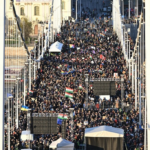


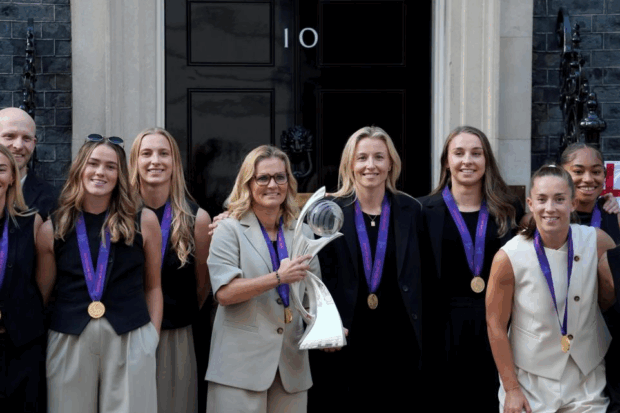


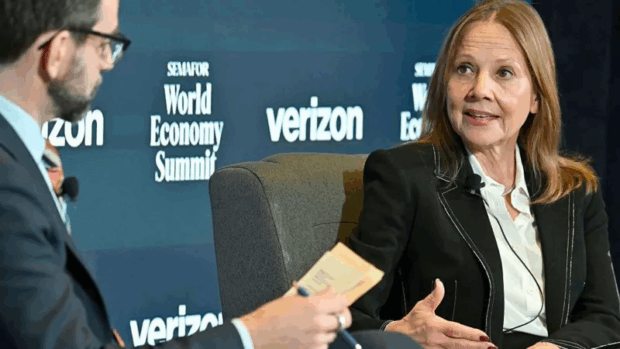
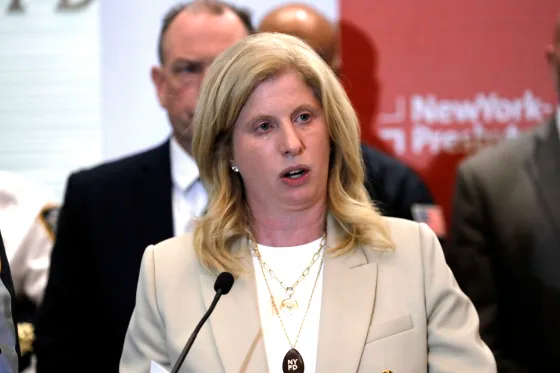





Be the first to leave a comment